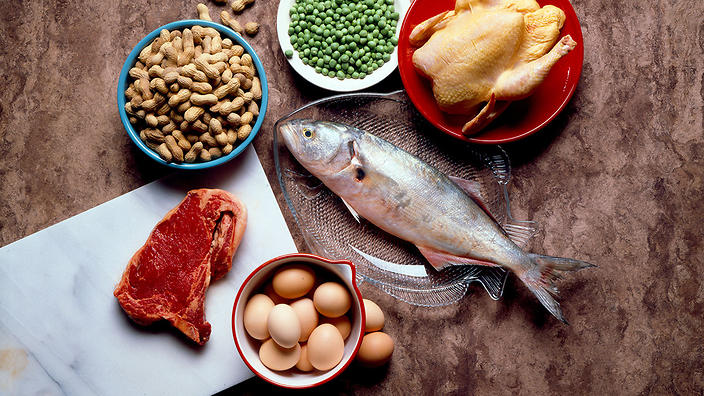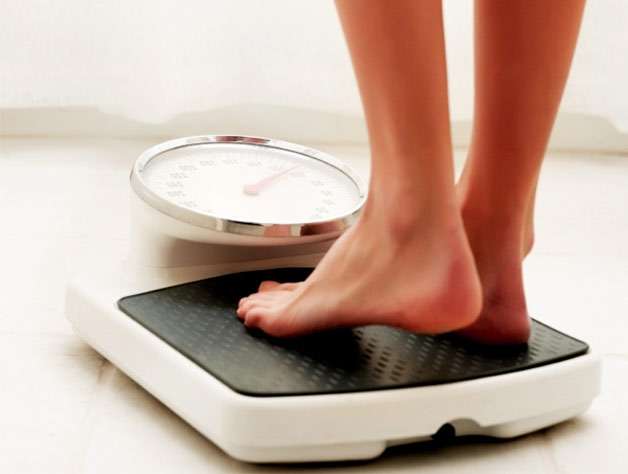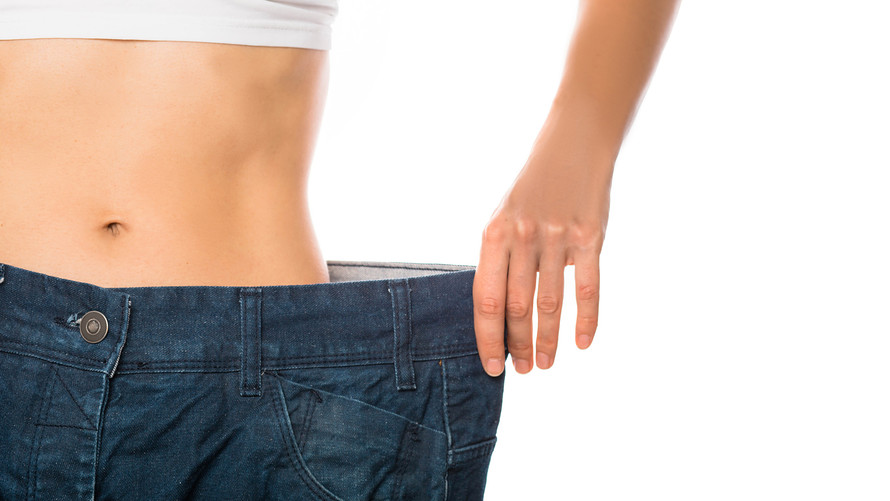
We have different reasons why we want to eat protein in our daily meals. It can be because you want to lose weight, stay strong or to gain muscles, protein is something that our body needs. That said, how much of it do we really need? How much is average and how much is too much? We’re going to answer that in this article.
Protein, along with fat and carbohydrates, is macronutrients that repairs tissues and forms muscles and transport nutrients. It also helps us to develop healthy bones, hair, and skin. It boosts metabolism and increases fat burning, lowers the blood pressure, helps maintain weight loss, reduces appetite and hunger levels, reduces the cravings and late-night snacking, does not harm kidneys, helps the body repair itself after injury, and lastly, helps you stay fit as you age.
Sounds great, right? And indeed, it is. You can now see the picture of how important protein is for our bodies. Now, to answer the question – how much do you really need?
Here’s the answer:
Your daily protein intake depends on what kind of lifestyle you’re having.
According to examine.com, here’s your needed protein intake, according to your lifestyle:
Sedentary lifestyle: aim for at least 1.2 g/kg (0.54 g/lb).
Building muscles, healthy and active: aim for 1.4–2.4 g/kg (0.64–1.09 g/lb).
Keeping your weight, healthy and active: aim for 1.4–1.6 g/kg (0.64–0.73 g/lb).
Losing weight, healthy and active: aim for 1.8–2.7 g/kg (0.82–1.23 g/lb).
Overweight or obese: aim for 1.2–1.5 g/kg (0.54–0.68 g/lb).
Pregnant women: aim for 1.66–1.77 g/kg (0.75–0.80 g/lb).
Lactating women: aim for at least 1.5 g/kg (0.68 g/lb).
Additional note: You also need to consider your weight and height to know your ideal protein intake. You can also check yours HERE!
So, what foods are rich in protein?
- Legumes and beans (all beans, chickpeas, split peas, tofu)
- Eggs (boiled as much as possible)
- Lean meats (beef, pork, lamb)
- Fish and seafood (fish, prawns, crab, lobster, mussels, oysters, shrimp, salmon, tuna)
- Poultry (chicken, turkey, duck, goose)
- Dairy products (milk, yogurt, cheese)
- Nuts and seeds (sunflower seeds, sesame seeds, cashews, hazelnuts, walnuts, almonds, etc)
Earlier we mentioned how much protein is ideal according to your lifestyle. Now, let’s dig further into that.
Sedentary lifestyle:

Having a sedentary lifestyle means that this person only engages in little to no physical activity. This lifestyle is undoubtedly unhealthy and can shorten the lifespan and increase the chances of heart disease, or even Type 2 diabetes.
Keeping your weight:

Muscle growth requires positive nitrogen to balance in your body and to maintain weight and muscle mass, you’ll need to create a nitrogen balance by consuming just enough protein daily. Remember – consuming too much protein more than what you need will lead to a high risk of increases in body fat or muscle mass.
Losing weight:

Let’s face it – losing weight is obviously NOT easy, and it really takes diet and exercise to accomplish the ideal weight. A balanced diet is completely necessary. A high-protein diet suggests that eating more protein as a replacement to carbohydrates can boost weight loss and improve energy. Diets high in protein can also decrease hunger, preserve muscle mass and boost metabolic rate. If you really want to lose weight effectively – cut or burn the calories, because of 3,500 calories equal about 1 pound of fat. KETO dieters fuel up their body with more protein and having a low-carbohydrate diet.
Active lifestyle:

You’re probably one of those who belong to the athlete category, a person who works in a gym/burns fat in a gym, or a person who does something that includes lots of moving. Protein, surely can help you improve lean body mass, be more alert and focused, have a healthier bone structure and health. It can help you become and remain lean because protein has a higher thermic effect of feeding that carbohydrates or fat.
Building muscles:

Eating extra protein wouldn’t do much towards boosting your muscle mass and strength. However, adding your calorie intake, more protein along with maintained exercise will give additional fat and muscle mass, according to a study in the Journal of the American Geriatrics Society (1992).
Pregnant women:

The total calories you need depends on your pre-pregnancy weight. Having a balanced diet would be very important for people like you because it’s not just about you, but your baby, too. Get your protein from a variety of fresh foods to keep a healthy diet. Doing that can give you the assurance of having vitamins, minerals, and phytonutrients to keep your baby healthy.
Lactating women:

The doctors recommend that the more protein, the better because generally has no negative health consequences and in fact, it has a helpful effect on milk volume and its quality.
Want to learn more? Click HERE!
Comments
0 comments

